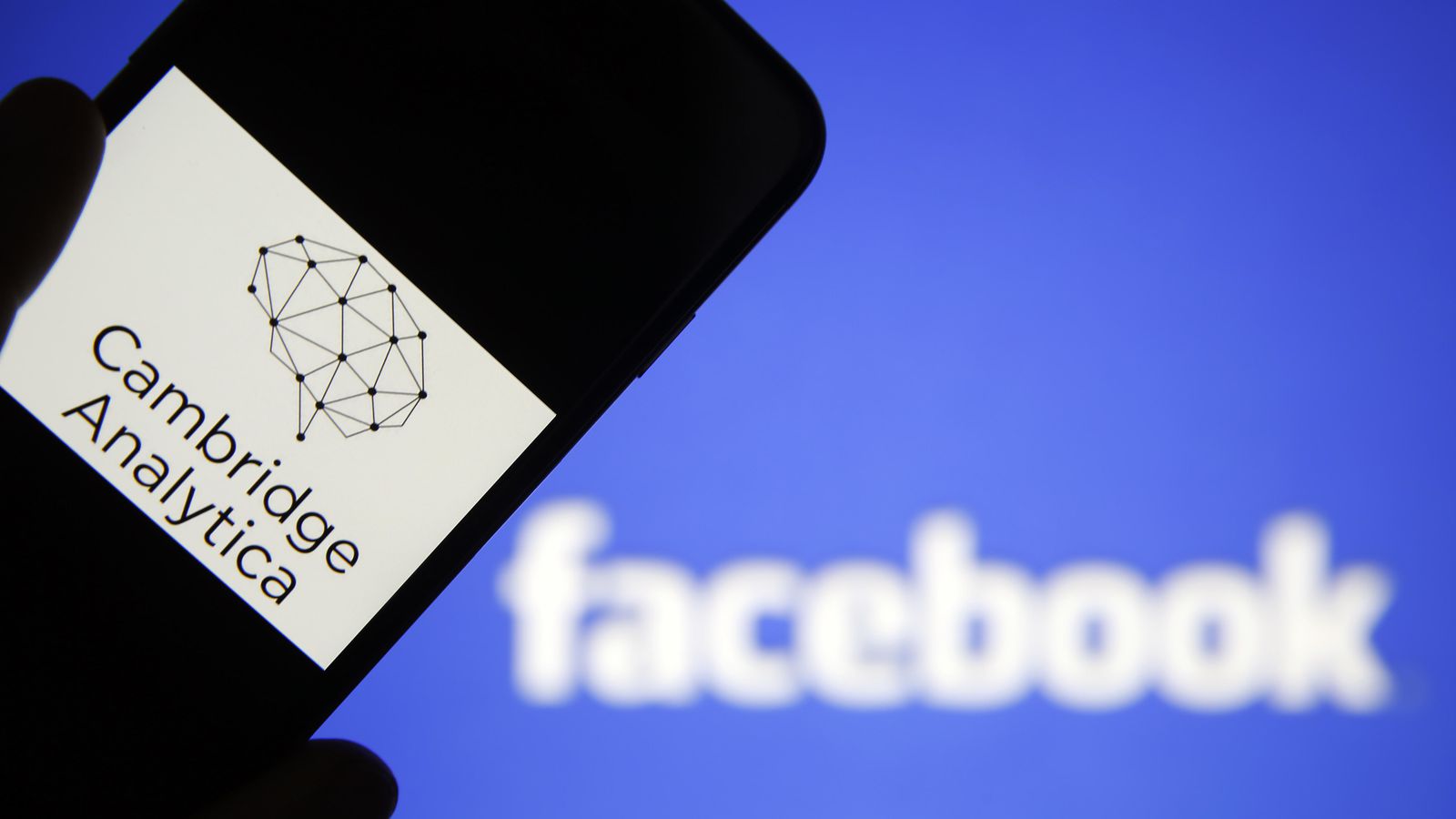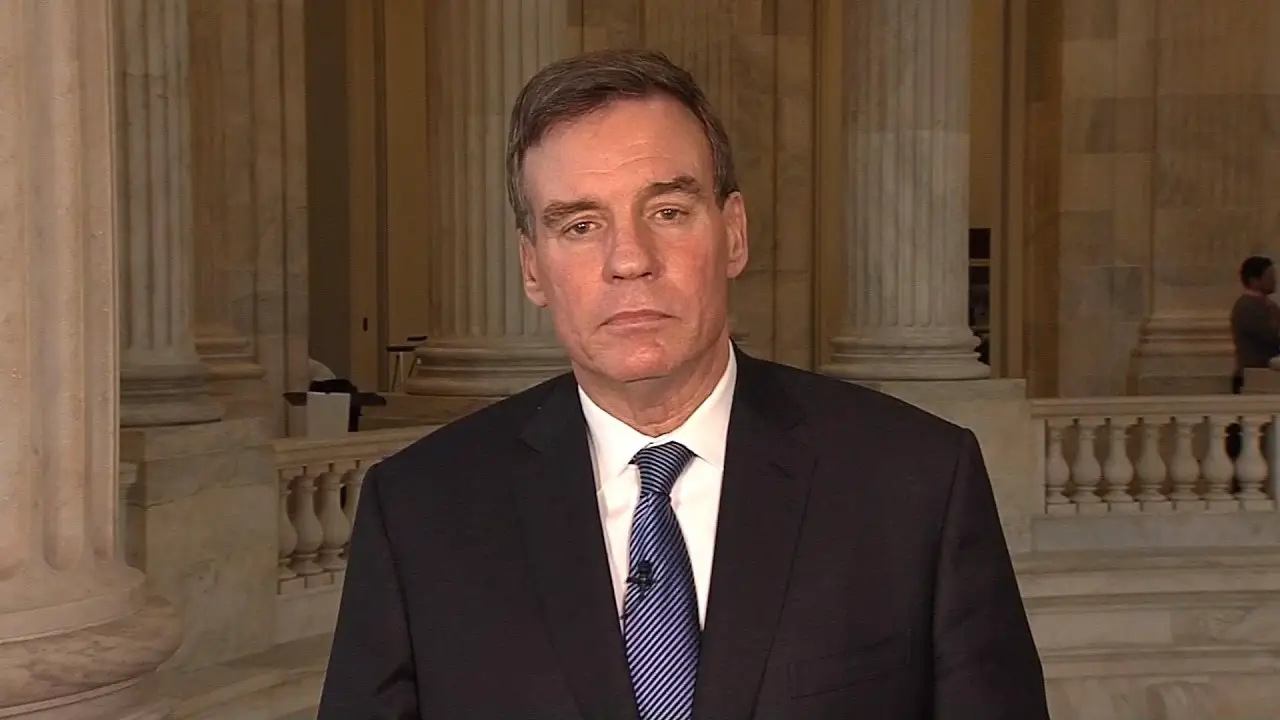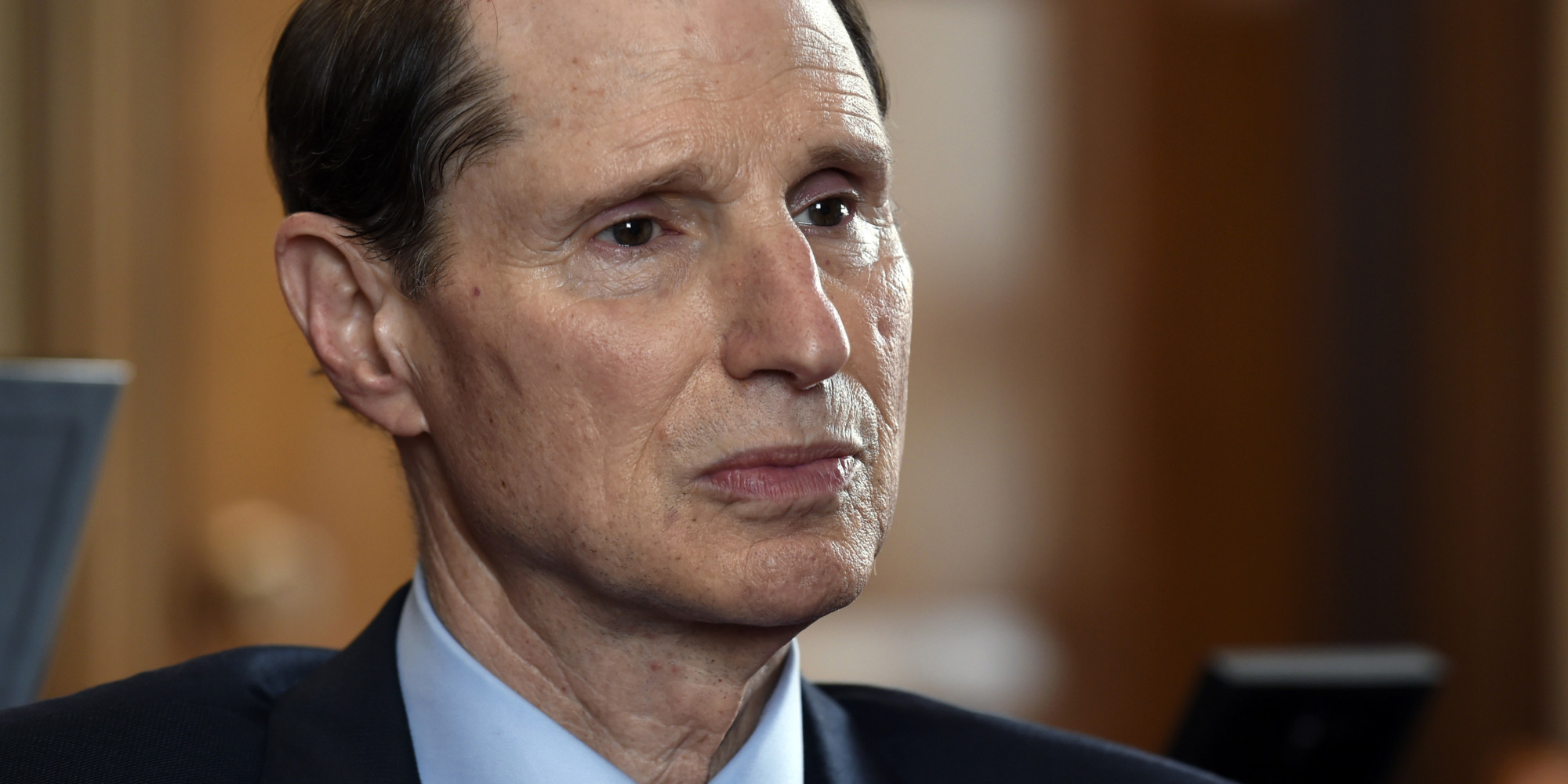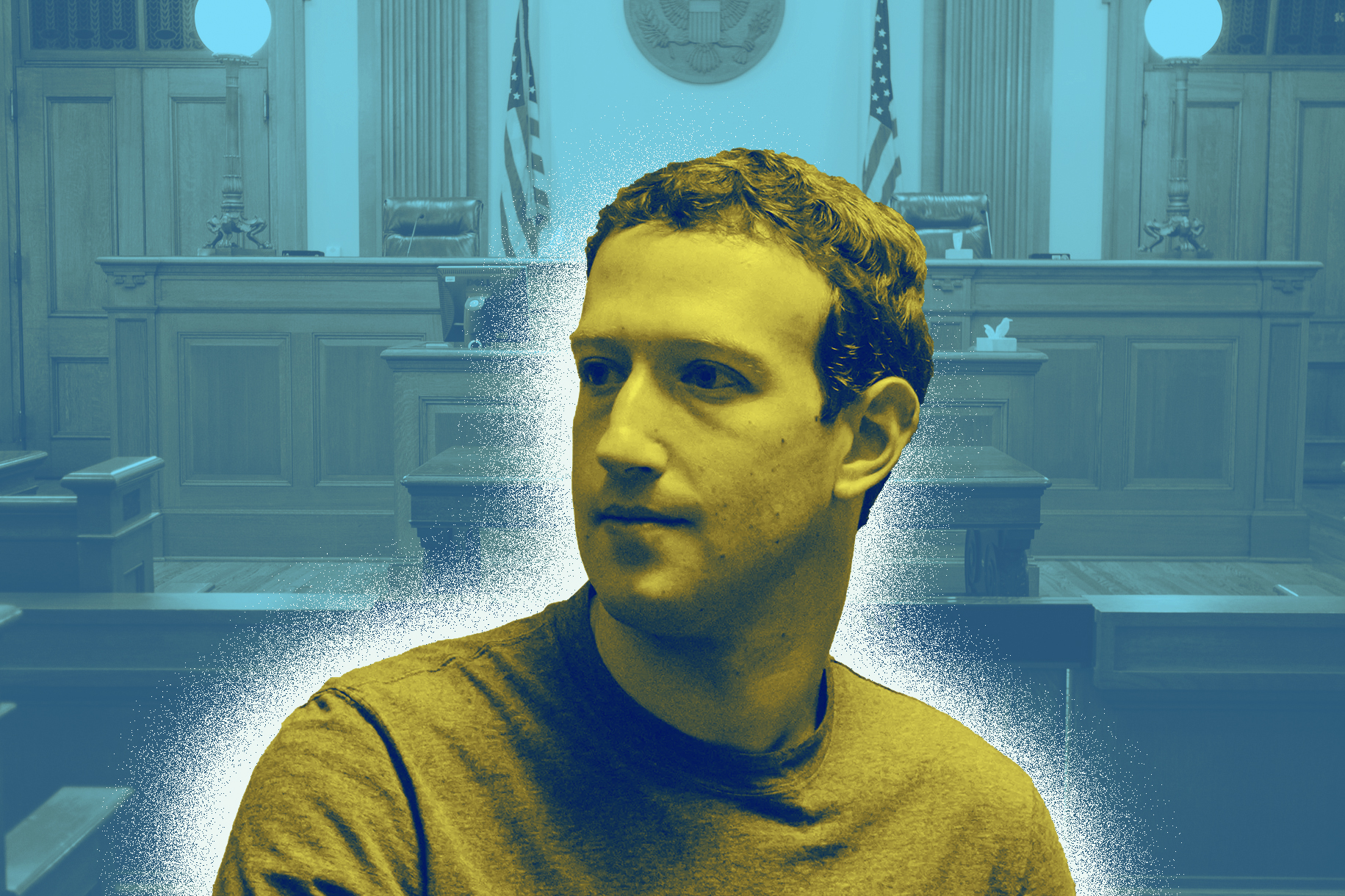Trouble has plagued Facebook for years, with much of the recent controversy surrounding issues of users’ privacy, or more accurately, their lack thereof. In the past, founder Mark Zuckerberg has avoided appearing in person at Congress’s request, opting instead to send attorneys to field questions.
In the wake of the Cambridge Analytica scandal, he’s finally left with no choice but to accept their “invitation” and will appear before both houses of Congress this week.
Tuesday, April 10, Zuckerberg will testify before a joint session of the Senate Judiciary and Commerce Committees. The following day, he will appear for questioning by the House Energy and Commerce Committee. Here’s what you can expect to happen during the hearings. Follow the links at the bottom of the page to watch the sessions unfold.
At the heart of these hearings are questions that go to the core of whether Facebook is trustworthy.
A press release from House Energy and Commerce Committee Chairman Greg Walden (R-OR) and Ranking Member Frank Pallone, Jr. (D-NJ) states, “This hearing will be an important opportunity to shed light on critical consumer data privacy issues and help all Americans better understand what happens to their personal information online.”
Lawmakers have been chomping at the bit to question Zuckerberg for years, so it should come as no surprise that, according to Senator Edward J. Markey (D-MA), Tuesday will be a “day of reckoning” for the entrepreneur.
Given the made-for-TV drama and theatrics that generally accompany televised committee hearings, as well as Zuckerberg’s past refusal to personally appear before Congress, viewers who tune in should expect to see both houses raking the Facebook founder over the coals.
While the latest summons is specifically related to the Cambridge Analytica controversy, it is highly unlikely that questioning will end there. Expect to see legislators delve into past issues once they get Zuckerberg into the hot seat.
Cambridge Analytica

Topping the list of questions will be those related to how Cambridge Analytica was able to obtain the personal data of tens of millions of Facebook users, what Facebook is doing to remedy the situation, what recourse victims of the privacy invasion will have and if Facebook has created a culture in which privacy invasion proliferates.
After all, whistleblower Chris Wylie has referred to Facebook as “the saving grace” that allowed his team to provide the very specific modeling Cambridge Analytica sought.
Open mouth; insert foot
Zuckerberg should expect Congress to take him to task for some pretty damning comments he made during a recent interview with Vox. He said, “Frankly, we didn’t spend enough time investing in, or thinking through, some of the downside uses of the tools … I think now people are appropriately focused on some of the risks and downsides as well.
“And I think we were too slow in investing enough in that. It’s not like we did nothing. I mean, at the beginning of last year, I think we had 10,000 people working on security. But by the end of this year, we’re going to have 20,000 people working on security.”
Multiple news outlets have suggested that Facebook has simply become too big and complex for the social media company to manage. Drawing more than two billion users per month, will the promised increase from a 10,000 to 20,000-person security team even be enough to police the platform?
As if Zuckerberg’s above-mentioned statement isn’t bothersome enough, it is followed up by another of equal concern in which he further acknowledges, “In terms of resolving a lot of these issues, I think it’s just the case where because we didn’t invest enough, I think we will dig through this hole, but it will take a few years. I wish I could solve all these issues in three months or six months, but I just think the reality is that solving some of these questions is just going to take a longer period of time.”
Follow up questions for that statement are apt to center around Facebook’s reactive rather than proactive approach to privacy protection to date. For example, why are they collecting this information, let alone sharing or selling it, if they haven’t perfected the art of protecting it in the first place?
The statement raises the question as to whether Facebook users can wait “a few years.” In a time when bad actors and trolls continue their attempts to manipulate elections via Facebook, it logically follows that a few years will permit this type of interference to persist while Facebook hashes out issues they should have considered and solved years ago, specifically, prior to launching the platform or, at a minimum, as they enabled new functionalities. It reeks of negligence.
The Russian connection

Viewers who tune into the hearings can also expect Russia, its bots and its attempts at manipulation of elections within the U.S. to be hot topics. Legislators will likely go beyond that in an attempt to determine how proactive the social media giant’s efforts are in regard to thwarting such influence on the platform.
A recent Facebook post from Zuckerberg explains, “Today we’re taking an important step to protect the integrity of elections around the world by taking down more than 270 pages and accounts operated by a Russian organization called the Internet Research Agency (IRA).”
Too little, too late. Merely banning or deleting bots, user accounts and associated pages is not enough to resolve these issues, as bad actors are more than capable of quickly replacing deleted or banned accounts with new ones, and, at best, this continues to reflect reactive rather than proactive solutions.
Zuckerberg further explained that the tech giant has “built more advanced AI” tools in order to remove accounts more generally. While removing problematic accounts is essential, this is a Band-Aid solution for a patient who truly requires amputation. Congress will want to know what the company is doing to prevent these accounts and pages from coming into existence altogether.
Notably, Aleksandr Kogan — the researcher responsible for providing Cambridge Analytica with profiling data from Facebook — is also an associate professor at St. Petersburg University whose work is supported by a grant from the Russian government for the purpose of researching social networks.
Senator Mark Warner (D-VA) — the top Democrat on the Senate Intelligence Committee — stated, “I think it’s time for the CEO, Mark Zuckerberg, and other top officials to come and testify and not tell part of the story, but tell the whole story of their involvement — not only with the Trump campaign but their ability to have the platform misused by the Russians.”
If at first you don’t succeed, try again?
Members of Congress will try to get at exactly what Facebook VP and Deputy General Counsel Paul Grewal meant by his recent statement: “We will take whatever steps are required to see that the data in question is deleted once and for all — and take action against all offending parties.”
What is the plan for ensuring the data is deleted this time, and why should Facebook users’ have any faith in such an effort when, according to New York Times, the platform has already failed at this once? Former Cambridge Analytica employees and contractors have confirmed that the consulting company still holds most, if not all, of the Facebook data it purchased from Aleksandr Kogan.
Beyond that, what does the broad and ambiguous “take action against all offending parties” even mean?
Questionable past policies and practices
Other questions remain. For example, why would Facebook allow users to agree to the invasion of their “friends’” privacy? In what world is that even remotely okay? It is tantamount to allowing a person to authorize a second party to read a third party’s text messages.
The APIs previously available to app developers specifically allowed them to require app users to hand over access to not only their own profiles and data but also those of their friends. This makes it clear that developers didn’t need to steal information from Facebook, as the social network had already made it readily available to them.
The above developer page will presumably come up during Zuckerberg’s questioning, as well as in potential future litigation.
Senator Wyden’s letter

If Senator Ron Wyden’s (D-OR) recent letter to Zuckerberg is any indication, the Senate will be looking for answers as to how many times third parties have violated Facebook’s policies when mining data on the platform, as well as the number of users affected in each instance and Facebook’s response to said violations.
Delving deeper, Wyden will inquire as to whether Facebook has identified and notified the 50 million users whose information was mined by Kogan, and if not, why not? In the past, has Facebook notified users about “inappropriate collection, retention or subsequent use of their information by third parties?” Again, if not, why not?
Has the social media platform determined yet if Cambridge Analytica used the information it obtained from Kogan to target Facebook users for political advertisements? Has Facebook examined its historical advertising data to make these determinations, and if not, why not?
As the platform reserves the right to audit third-party apps, Wyden and other legislators will want to know how many apps have been audited over the past decade, as well as the scope and findings of those audits.
Zuckerberg recently announced that it will investigate apps that accessed large amounts of data and fully audit those exhibiting suspicious activity, but it will be interesting to see how Zuckerberg responds to such inquiry as to whether they have monitored these apps in the past.
SLC and Cambridge Analytica’s Facebook profiles have only recently been suspended, despite the fact that the founder has known since 2015 that they violated Facebook policies, and Wyden wants to know why suspending their use of the platform has taken so long.
In fact, it was not until Facebook became aware of the fact that news of Kogan and Cambridge Analytica was about to break in March that the social media platform even took action to suspend their accounts.
Wyden is also inquiring as to how, three years after entering into a consent agreement with the Federal Trade Commission that stipulated Facebook must address privacy risks related to development and management of new and existing products and services, while at the same time protecting the privacy and confidentiality of covered information, Kogan was able to download such detailed information on tens of millions of users without their knowledge or consent.
The 2011 FTC consent agreement also required Facebook to obtain — from an independent third-party privacy and data specialist — biennial privacy and security assessment reports. Wyden wants a full accounting of all such reports requested by the FTC, as well as a copy of every privacy report that has been prepared for Facebook pursuant to the FTC consent agreement.
Despite Facebook and Zuckerberg categorically denying any breach of the FTC consent decree, the FTC sees enough cause for concern that they have opened a non-public investigation into the platform’s privacy practices. Should it come to light that Facebook did, in fact, breach its consent agreement with the FTC, the company could face millions of dollars in fines.
Big mistakes
Zuckerberg has acknowledged that Facebook has made mistakes with users’ information, and he wrote, “We have a responsibility to protect your data. And if we can’t then we don’t deserve to serve you.”
He’s since sat down for several media interviews, and on April 4, 2018, he held an hour-long conference call with journalists. “Life is learning from mistakes,” Zuckerberg said. “At the end of the day, this is my responsibility. I started this place, I run it, I’m responsible.”
Zuckerberg has said it was a mistake to dismiss and underestimate the impact of fake news. It was also a mistake to underestimate the potential for privacy invasion by bad actors. These are some pretty serious “mistakes” to which Zuckerberg is confessing.
It was his responsibility to get these things right before launching, or, at a minimum, after being advised to do so by the FTC. It appears that Facebook has failed at every turn and at a hefty cost to its users.
On the menu this week: grilled Zuckerberg; follow the links below to watch him roast.
When and where to watch the hearings:
Zuckerberg’s testimony before the Senate Judiciary and Commerce Committees
Tuesday, April 10 at 2:15 p.m. EST.
Zuckerberg’s testimony before the House Energy and Commerce Committee
Wednesday, April 11 at 10 a.m. EST.

















